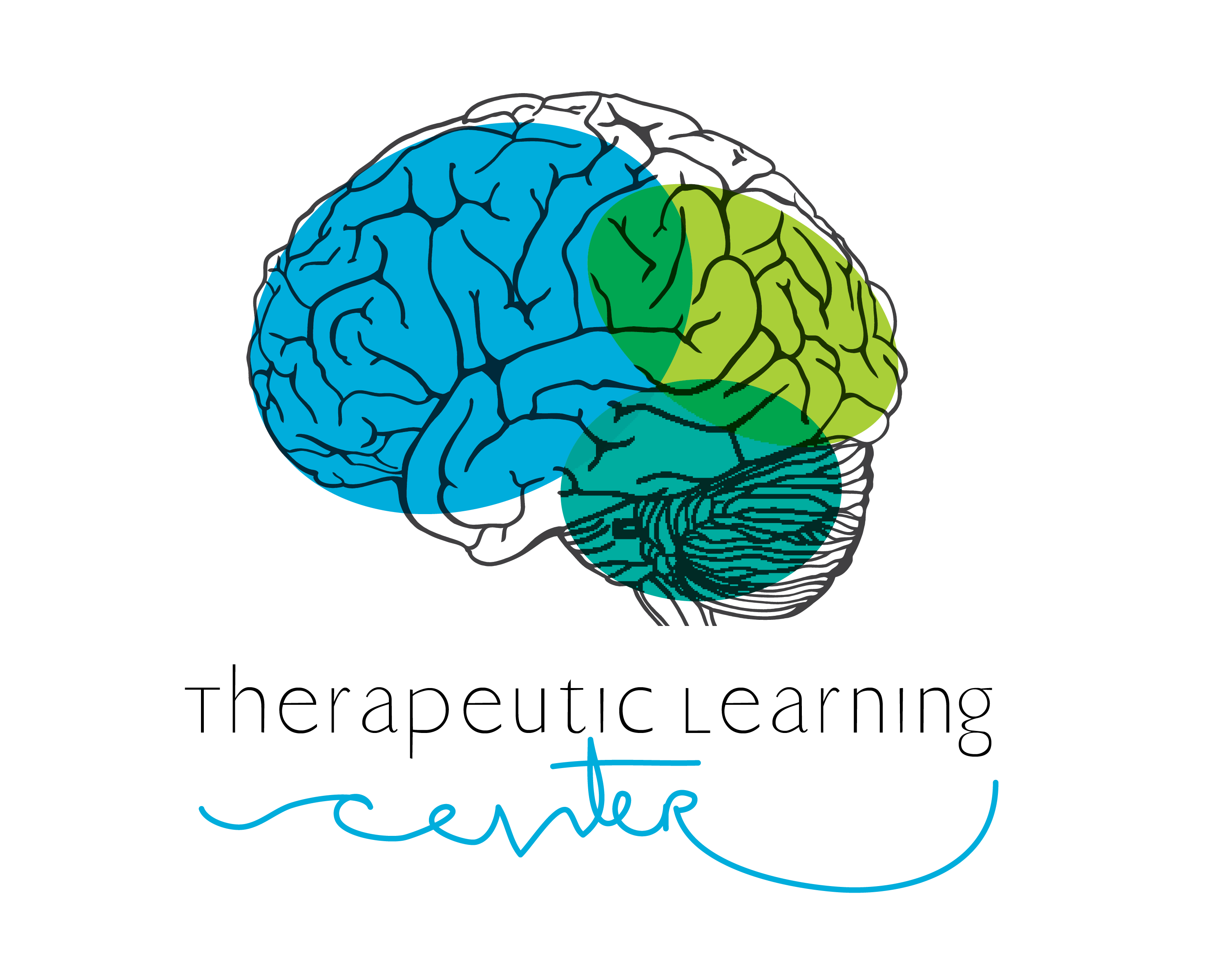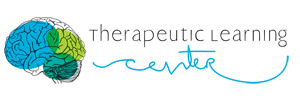Does your child have learning challenges? Here are 7 things you need to know in order to understand them, help them, and create a better future for them.
1. Attention problems are often a symptom, not the real issue…
In her book, Why Our Children Can’t Read Dr. Diane McGuinness says, “The worse you are at something, the more brain cells you need to do it, the harder it is to keep doing it, and the harder it is to keep your attention focused on what you’re doing” When it takes more effort to do something, the brain burns more glucose, using energy, which can eventually lead to exhaustion. In order for the brain to efficiently process information, it has to regulate levels of attention.The two major attention control systems in the brain involve:
- attending for a certain amount of time
- being able to keep out distractions in the surrounding environment
Learning things that are difficult makes holding attention to that task, over a considerable span of time a struggle. When learning is difficult, the ability to block out distracting background or peripheral noises is stressed or decreased.
When new things are learned, or concepts are still a novelty, more energy is required from the brain to pay attention. Over time, with an efficient processing system, this effort to pay attention diminishes as tasks become more innate and automatic. However, if a student’s processing system is not working efficiently, it may take longer for skills to get to that comfortable, automatic level, increasing the likelihood of attention challenges .
The inability to pay attention is very often a symptom of inefficient information processing.
2. “Try harder” is a dirty term…
Believe it or not, trying too hard can be counter-productive.In order to be an efficient learner of anything, we need to be able to use all of our mental resources. Our two hemispheres in the brain each have unique thinking capabilities which compliment each other and work best in cooperation.The right side of our brain let’s us experience the whole or the “big picture.” It is more intuitive and less structured.The left side is logical, orderly, and verbal. It allows us to break information into small bits in order to learn new things and communicate.When both hemispheres of brain work together, learning can be easier and more fun. Telling a struggling learner to “try harder” may actually cause him to “over focus” with the left side of the brain. He will try and try to make sense of the pieces, but without the “big picture” support of the right brain, he will become more confused and frustrated. Dr. Paul Dennison of the Educational Kinesiology Foundation calls this “switching off.”The cycle of being stuck can often be broken by movement. Integrating movements for this purpose can be found in Brain Gym activities.
(www.braingym.com ) Our words can also help trigger clearer thinking for learning. Instead of saying, “Try harder,” try saying something like, “You got this part exactly right. Now let’s take a look at this.”
3. Respect the effort…
Being smart but having to work harder and longer than anyone else in your class, or trying hard and failing anyway is painful for both the individuals with the learning challenges and their families.As we work with our children or our students with learning difficulties, we first need to respect the great amount of extra effort that is needed for them to perform. Constantly reinforcing that effort and celebrating each small success encourages them to keep going.
4. Coping is NOT the final answer…
All of us have both stronger and weaker areas of ability, talent, and interest. WE naturally gravitate toward those things that are our strengths, and often find ways to get around the weaker areas.As an adult, if you am terrible at playing tennis, you may choose to cope with that by not playing tennis. But what if the area that is weakest for you is reading? “Getting around” it or just coping with a reading disorder is not easy or comfortable in today’s society.Those of us who work with the “learning disability” / dyslexic population, do them a great disservice if we do not seek to understand and address the underlying skills and differences in thinking that cause the learning challenges. Teaching them compensations and coping strategies is simply not enough.
5. Look at the whole child…
If your child/student is not performing to his potential academically, you may want to ask these questions to understand the variety of factors that affect a child’s academic performance.:
- Does my child enjoy learning?
- Is my child eating a variety of healthy foods?
- Is my child getting enough sleep and maintaining good sleep patterns?
- Does my child independently complete homework and follow through on responsibilities?
- Is it easy for my child to communicate what he needs and wants?
- Is my child able to be kind, considerate and compassionate in social situations?
- Does my child have self-confidence and experience social acceptance?
- In general, does my child feel safe and protected at home and school?
- Do I know my child’s strengths and weaknesses? Does my child lack skills to perform successfully at school?
If you answered “no” to any of these questions, take a look at what piece of the learning puzzle they affect. If it’s a matter of changing dietary habits or improving sleeping patterns, these are things that can be worked out in the home.
However, if communicating is difficult for your child, or if s/he has low self-confidence, low social acceptance, or struggles to independently complete his work, there could be underlying factors to your child’s difficulties in school that need consideration.
6. Underlying processing skills MUST be addressed in order to make lasting changes
The most common cause of learning challenges is inefficient mental tools, or processing skills.In order to have good information to learn with, individuals must be able to:
- Pay attention
- Remember
- Quickly and accurately process what they see and hear
When any underlying processing skills are weak, the individual will be a less efficient learner than she/he could be.
A person has a learning problem if he makes more mistakes than the average person or has to work longer or harder than the average person. Only by addressing the underlying issues can the individual become a truly independent learner. Underlying processing skills that affect learning are memory, attention, processing speed, auditory and language processing, visual processing, and logic and reasoning.
7. The brain can change…
Recent brain research tells us that the brain has plasticity , or the ability to change with training. Through intensive training that “stretches” an individual’s thinking, chemical and physical changes can occur in the brain. Because we know this kind of “neuro-rehabilitation” is possible, we also know that with the right tools and strategies, new, higher functioning neuropathways can be developed to enhance a student’s overall processing and performance.Our brains are continually modified by our experiences. This implies that programs which target processing and motor skills can improve those areas in students with brain injuries or motor or learning disabilities.



